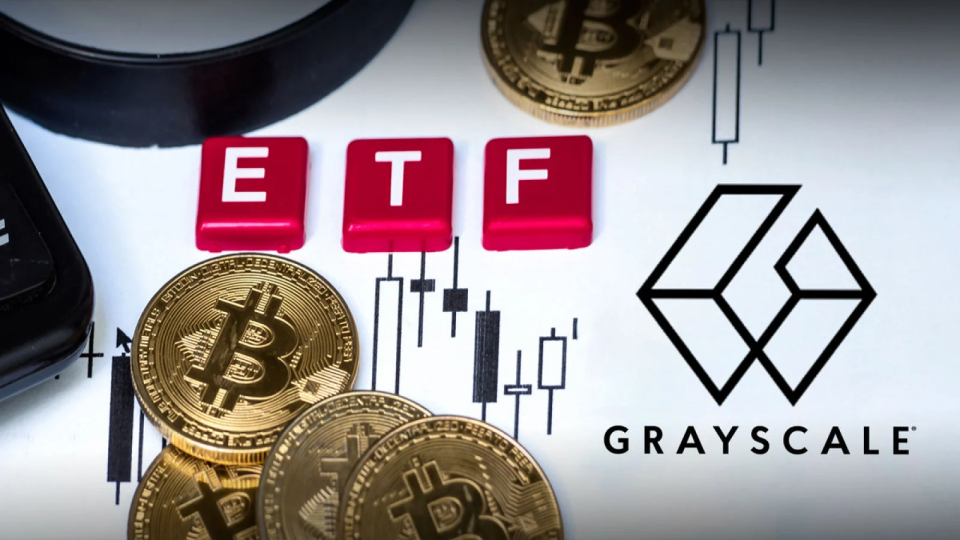The conversation about crypto has shifted from back rooms and technical forums to mainstream finance, and one investment product seems to be leading the parade. Grayscale Investments known for their deep digital asset expertise, has seen their Bitcoin Mini Trust ETF cross the $5 billion assets under management mark in less than a year since its public debut. In the ETF world, that kind of early traction is rare, achieved by only a few products across the entire sector.
The numbers tell a big part of the story. Since its launch on July 31, 2024, the Grayscale Bitcoin Mini Trust ETF has not only kept pace with the rapidly growing world of spot Bitcoin exchange-traded products but has managed to carve out a substantial share of net inflows. Grayscale credits much of this to the fund’s low annual fee of 0.15 percent, which undercuts many rivals and appeals to both cost-conscious retail investors and institutionally minded asset managers.
But raw numbers and low fees only tell part of the story. What sets this offering apart is how it translates the esoteric, sometimes intimidating world of crypto into a format that’s approachable for mainstream financial advisors. Just recently, the ETF earned approval for solicitation on a major national broker-dealer platform, making it far easier for wealth managers to bring Bitcoin exposure to their clients with a click or two, instead of spreadsheet acrobatics and off-platform risk. That’s no small feat in an industry still making sense of digital assets.
This drive for access is apparently what John Hoffman, Grayscale’s Head of Distribution and Partnerships, sees as the real change happening. He noted that the pace of adoption around BTC shows “the growing role of crypto in diversified portfolios,” moving digital assets from outlier to core option for many professional allocators. Bitcoin exposure is no longer relegated to a speculative side bet, but rather, as Hoffman says, “a credible option in mainstream asset allocation conversations,” one discussed in the same breath as gold, bonds, and stocks.
While Grayscale’s ETF is not registered under the Investment Company Act of 1940, meaning it doesn’t have to play by the same rules as many mutual funds, investor demand remains strong. The lure is straightforward: this is Bitcoin locked in a user-friendly wrapper, available through the kind of brokerage and advisory platforms investors already trust. For anyone who has ever wrestled with private crypto wallets and complex custody issues, that simplicity is a major relief.
Grayscale’s broader reputation doesn’t hurt either. Founded back in 2013, the company is known for its deep experience with digital assets, long track record, and its willingness to deliver educational resources that ease the learning curve for professionals and retail investors alike. As the market for digital asset ETFs has evolved, Grayscale’s approach of offering regulated products within familiar institutional structures has drawn the attention of leading advisors, not just the crypto curious.
For financial advisors, the expanded availability on major platforms means Bitcoin investing can move from theoretical to practical without much friction. It also fits a larger trend: the institutionalization of crypto and the shift away from early‐stage speculation toward measured, diversified exposure. Investors and allocators are increasingly interested in adding a slice of Bitcoin to portfolios as a potential growth driver, store of value, or hedge, and these decisions become much easier with seamless fund access.
With more than $5 billion in the fund and counting, Grayscale is betting that the days of struggling to wedge digital assets into traditional investment strategies are coming to an end. As the landscape continues to evolve, Grayscale’s Bitcoin Mini Trust ETF seems set to remain a reference point, not only for those watching digital asset trends, but also for anyone who believes investing in the future should be as frictionless as possible, alongside equities, bonds, and everything else in a portfolio.

